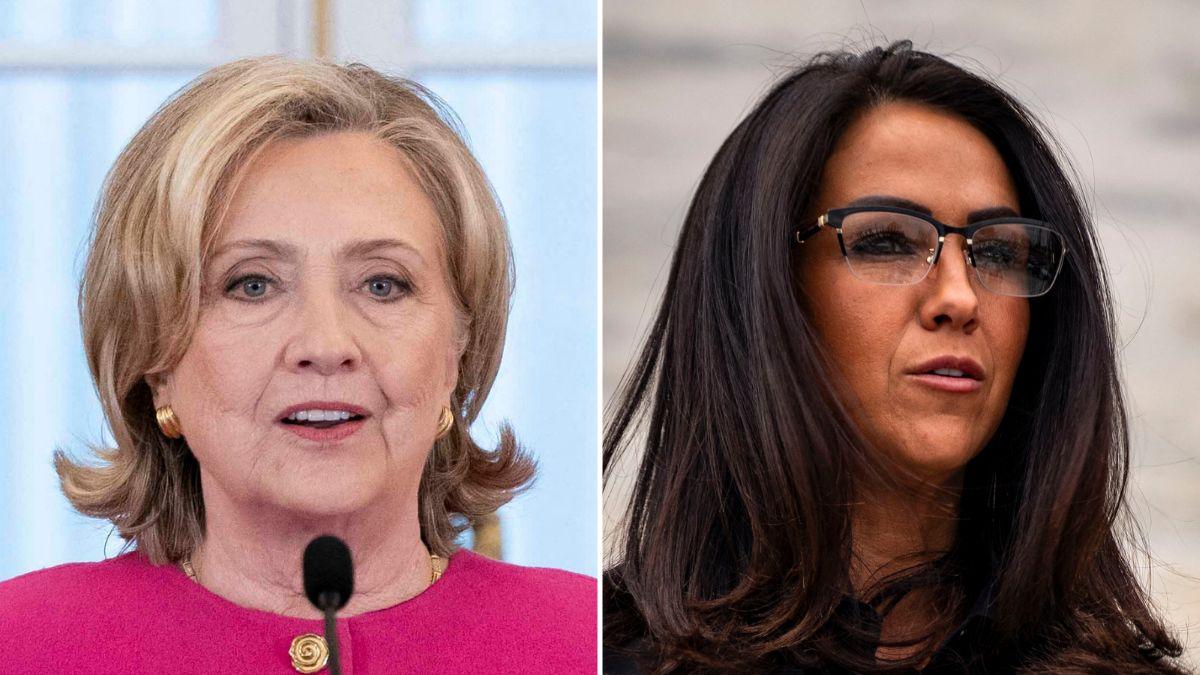Outgoing President Joe Biden to Commute Nearly 2,500 Sentences Amid Blizzard of Clemencies During Final Days in Office
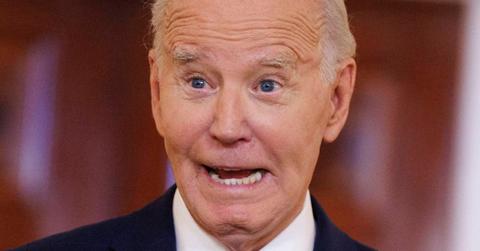
Biden's most expensive jaunt was a three-day diplomatic trip to Jerusalem costing $1.2million.
Jan. 17 2025, Published 1:30 p.m. ET
Joe Biden is making a historic exit by wiping out the sentences of nearly 2,500 people.
In a final power move, the outgoing president is slashing prison terms he calls too harsh – breaking records with the most individual pardons and commutations ever granted by a commander-in-chief, RadarOnline.com can reveal.
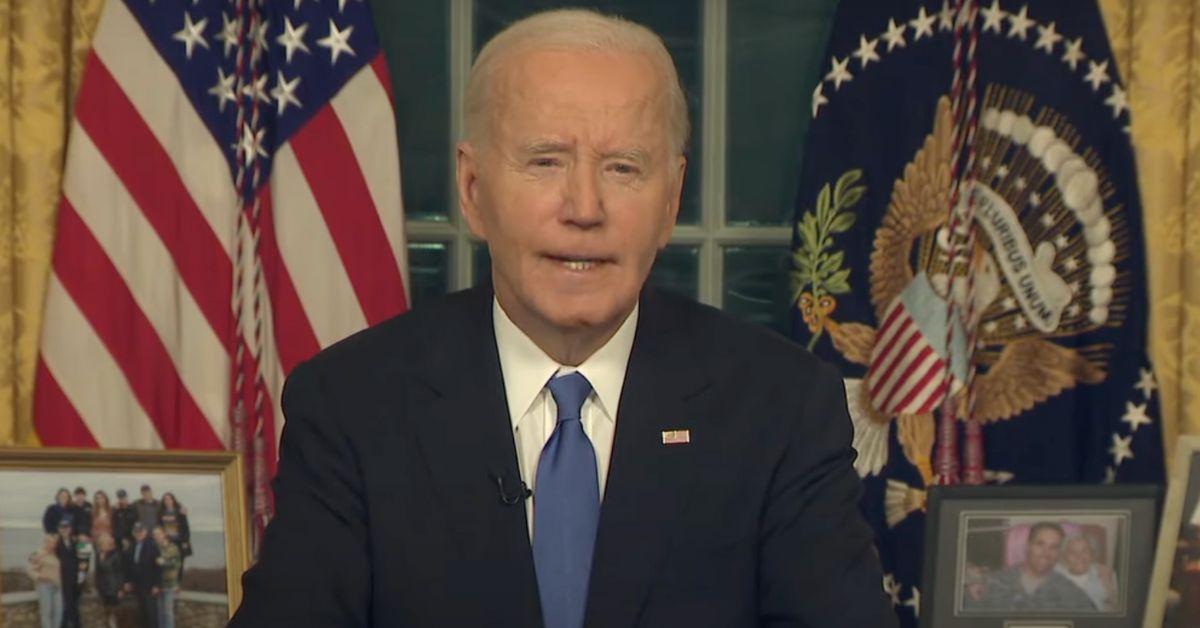
Biden breaking records with the most individual pardons and commutations ever granted by a president.
Biden, 82, stated he aims to reverse "disproportionately long sentences compared to the sentences they would receive today under current law, policy, and practice," particularly for those convicted of nonviolent drug crimes.
He explained in a statement: "Today's clemency action provides relief for individuals who received lengthy sentences based on discredited distinctions between crack and powder cocaine, as well as outdated sentencing enhancements for drug crimes.
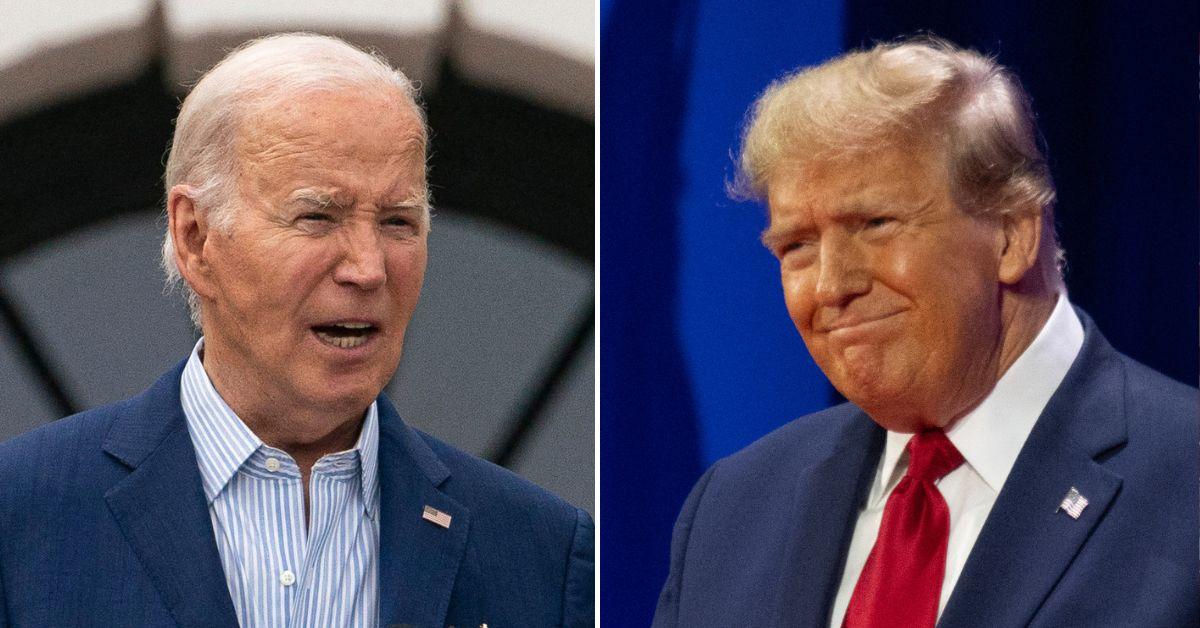
Biden indicated more could be forthcoming before president-elect Donald Trump's Monday inauguration.
"This action is an important step toward righting historic wrongs, correcting sentencing disparities, and providing deserving individuals the opportunity to return to their families and communities after spending far too much time behind bars."
In the 1980s, Biden supported laws that harshly penalized drug offenses, including one that imposed longer sentences on crack cocaine users – mostly African Americans – compared to white users of powder cocaine.
The Democrat also recognized the decision would establish a historic precedent, stating: "With this action, I have now issued more individual pardons and commutations than any president in U.S. history."
The White House has not yet revealed the names, number of people affected, timelines, or criteria for the commutations.
However, Biden indicated more could be forthcoming, vowing to "continue to review additional commutations and pardons" before President-elect Donald Trump's inauguration on Monday.
Friday's move comes after Biden's commutation last month of around 1,500 individuals released to home confinement during the pandemic, along with pardoning 39 people convicted of nonviolent crimes.
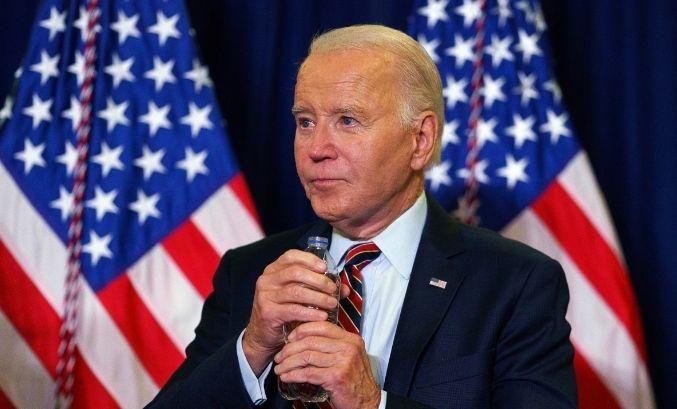
Biden's staff divvied potential pardon names into groups.
He said at the time: "As President, I have the great privilege of extending mercy to people who have demonstrated remorse and rehabilitation, restoring opportunity for Americans to participate in daily life and contribute to their communities, and taking steps to remove sentencing disparities for non-violent offenders, especially those convicted of drug offenses."
This marked the largest single-day clemency action in modern history.
Biden is weighing whether to issue broad pardons for officials and allies who might be unfairly targeted by Trump’s administration – a move that would be both unprecedented and risky.
Last month, he also commuted the sentences of 37 out of 40 federal death row inmates, reducing their sentences to life imprisonment. Trump has since pledged to reverse that order once his term begins.
Shortly before, the outgoing president granted his son Hunter a pardon for federal gun and tax violations, along with any possible federal crimes committed over an 11-year period.
The decision surprised many – especially given the White House had previously ruled out any plans for clemency regarding Hunter's gun conviction and guilty plea to tax felonies.

Biden, who had said in June he would not interfere with the Justice Department’s decisions, stated: "From the day I took office, I said I would not interfere with the Justice Department's decision-making, and I kept my word even as I have watched my son being selectively and unfairly prosecuted."
He also argued that "almost never" are people charged for how they fill out a gun form, adding: "Hunter was treated differently."
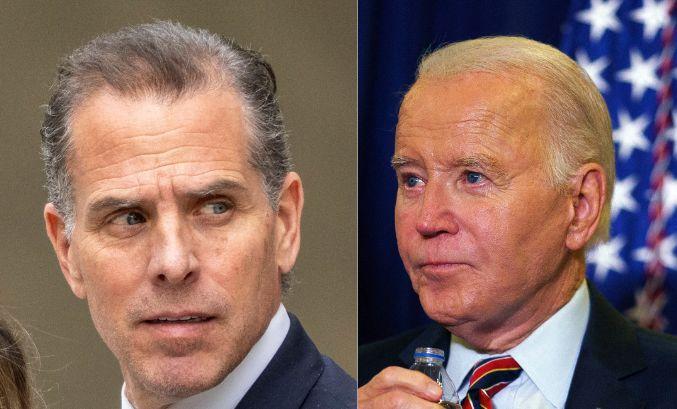
Biden recently granted his son Hunter a pardon for federal gun and tax violations.
Biden criticized "several of my political opponents in Congress" for turning the case into a public spectacle "to attack me and oppose my election."
He received massive backlash for pardoning Hunter, with only 22% of Americans approving of his decision according to an AP-NORC poll.



